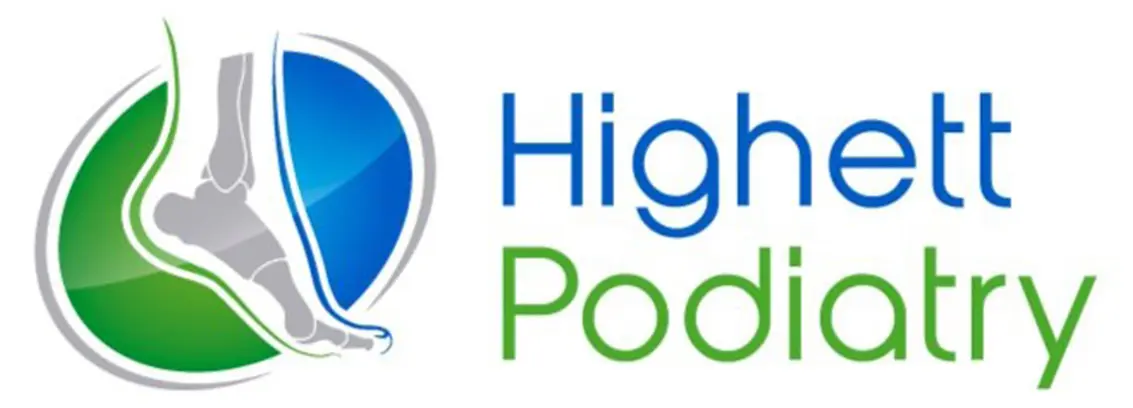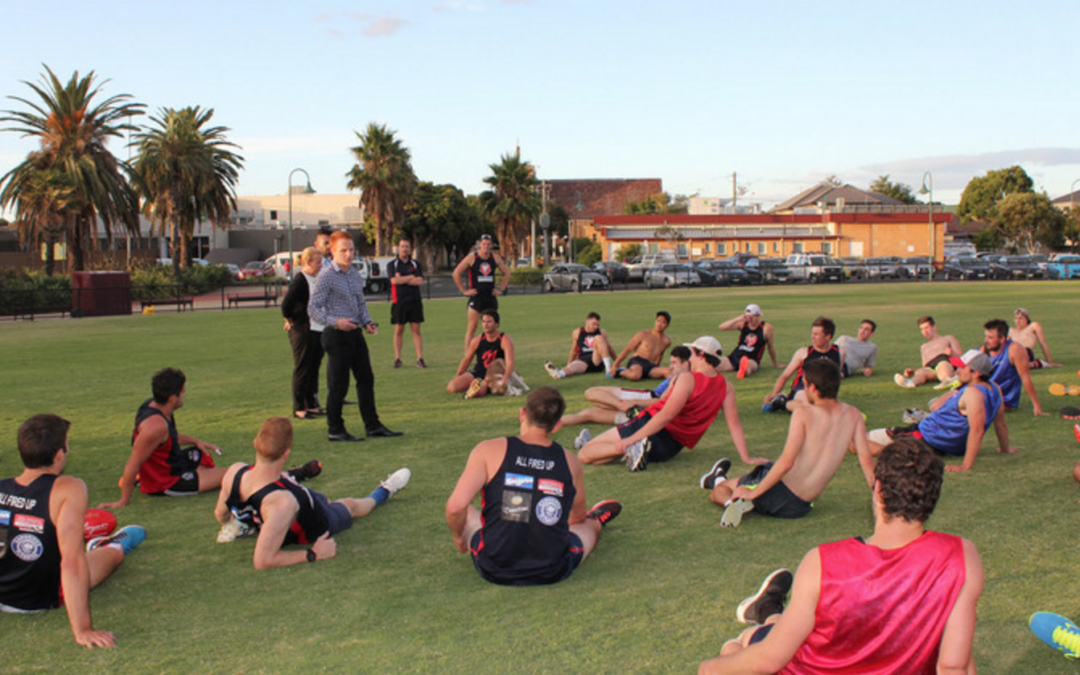It’s no secret the demands on footballers, be it AFL, rugby or soccer have increased significantly. The style of each game has evolved and as a podiatrist, these advancements must be met with the correct support, not only in the type of boot you wear, but how you train as well.
If you have started back having a bit of a kick or are well into your pre-season football training, check out our pre-season training tips to help prevent an injury free start to your football season.
PRE-SEASON TRAINING GUIDE FOR FOOTBALL PLAYERS
TRAINING TIPS
1. Appropriate footwear
Runners can be categorised into 3 main types: Neutral, Support or Cushioning. Correct footwear will prevent muscle overuse and improve biomechanics, leading to an improvement in performance.
2. Warm up
A minimum of 20 minutes warm up should be completed prior to the main session. The warm up should include static and dynamic stretching (such as stride throughs, leg swings etc.)
3. Training surface
Training on concrete or hard surfaces can increase the loads we place on the muscles and joints in our legs and feet. Running on softer surfaces such as grass or sand can reduce strain places on muscles and bones in the feet.
4. Training Loads
Most injuries are caused due to players training too hard and/or too quickly, resulting in their body not being able to adapt to the changes. Training should gradually increase in terms of intensity and duration.
COMMON INJURIES
Shin Splints (MTSS): This is an overuse injury and is described as an aching pain on the medial aspect of the tibia. Pain is gener-ally worse at the beginning & at the end of exercise.
Plantar Fasciitis: This is inflammation of the fascia which runs from the heel all the way to the tips of the toes. The pain is generally worse at the beginning & at the end of sport and is described as a dull ache. The plantar fascia plays an importance role in sup-porting the arch of the foot.
Stress Fractures: Stress reactions are common around the metatar-sal bones and can be described as a sharp pain in the fore-foot. Stress fractures are usually caused due to over-training.
WHAT TREATMENT WE CAN PROVIDE:
· Imaging: X-ray & Ultrasound
· Ultrasound Therapy
· Strapping
· Orthotics
· Runner/Football Boot Advice
· Gait Assessment

